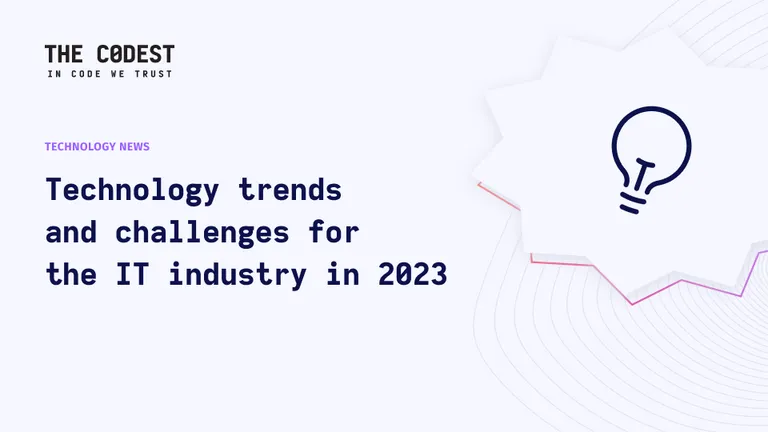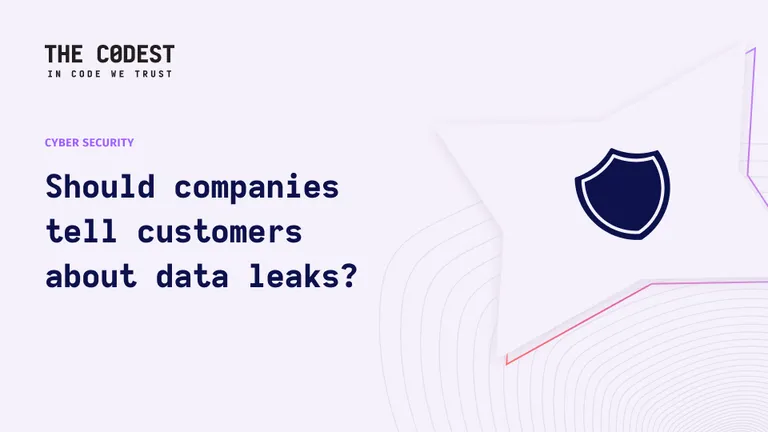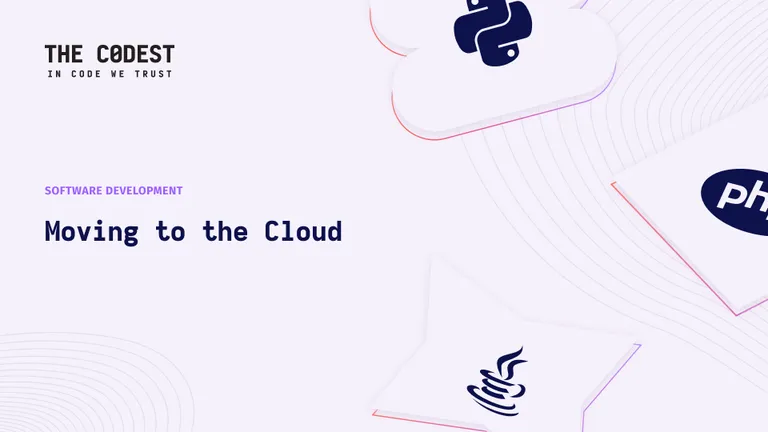This article delves into the security concerns associated with mobile app data collection, the value of the data collected, and the types of data collected by app providers.
Security Concerns
As mobile apps collect vast amounts of user data, security concerns have become paramount. Some of the key security challenges faced by app providers include:
-
Data breaches: Cybercriminals are constantly looking for ways to exploit vulnerabilities in mobile apps, leading to potential data breaches. These breaches can result in unauthorized access to sensitive user information, financial loss, and damage to the app provider's reputation.
-
Data privacy: App providers are expected to comply with various data protection regulations, such as the General Data Protection Regulation (GDPR) and the California Consumer Privacy Act (CCPA). These regulations require app providers to protect user data and ensure that it is not misused.
-
Data storage: Storing and processing large amounts of data securely is a challenge for app providers. This includes securing data in transit, data at rest, and data during processing.
-
Third-party risks: Many app providers rely on third-party services and tools for various functions, such as analytics, ad targeting, and payment processing. These third-party integrations can introduce additional security risks, as they may not adhere to the same security standards as the app providers themselves.
Data Value
The data collected by mobile apps holds significant value for various stakeholders:
-
App providers: By analyzing user data, app providers can gain insights into user behavior and preferences. This information can be used to improve the app's user experience, tailor content, and develop new features or services.
-
Advertisers: User data collected by mobile apps can be used by advertisers to target their ads more effectively. This helps them reach the right audience, resulting in increased ad engagement and higher conversion rates.
-
Researchers: Mobile app data can be used by researchers to study trends, patterns, and behaviors in society. This information can contribute to a better understanding of human behavior and inform policy-making decisions.
Types of Data Collected by App Providers
Mobile app providers typically collect various types of data, including:
-
Personal information: This includes data such as name, email address, phone number, and date of birth. This information is often collected during account registration or when users interact with specific features of the app.
-
Location data: Many mobile apps collect real-time location data, which can be used to provide location-based services, targeted advertising, and user behavior analysis.
-
Device information: App providers may collect information about a user's device, such as the device model, operating system, and unique identifiers
-
Usage data: This includes data on how users interact with the app, such as the features they use, the duration of their sessions, and the frequency of their visits. Usage data can help app providers optimize the user experience and identify areas for improvement.
-
Social media data : If an app integrates with social media platforms, it may collect data from users' social media profiles. This can include their social connections, interests, and any content they have shared or liked.
-
In-app purchases and payment information : Apps that offer in-app purchases or subscription services may collect payment information, such as credit card details and billing addresses. This information is usually handled securely by third-party payment processors.
-
Health and fitness data : Health and fitness apps often collect sensitive information, such as users' physical activity levels, vital signs, and medical conditions. This data must be handled carefully to comply with data protection regulations and ensure user privacy.
Conclusion
As mobile app data collection continues to grow, so do the associated security concerns, the value of the collected data, and the types of data being gathered. App providers must prioritize data security, privacy, and compliance with relevant regulations to maintain user trust and protect their businesses.
At the same time, the value of collected data presents significant opportunities for app providers, advertisers, and researchers, leading to the development of new services, improved user experiences, and a better understanding of human behavior.







